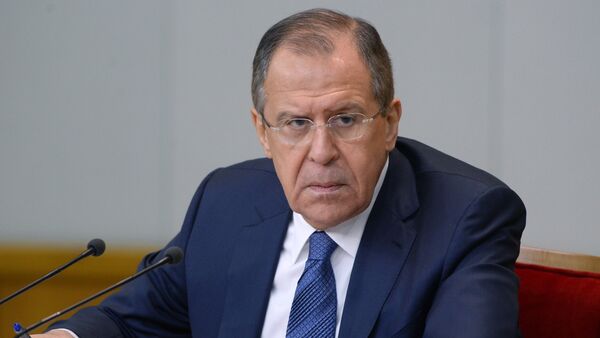Earlier this month, a UK inquiry into the death of Litvinenko found the Russian authorities responsible for the murder, despite failing to prove that the polonium-210 used to poison the former agent came from Russia.
"I agree with only one statement by the British Foreign Office. It said that the Litvinenko case would further complicate our bilateral relations. I totally agree with this, though it is not the Litvinenko case itself, but the show surrounding the Litvinenko case that will seriously complicate our relations," Lavrov told reporters.
"Moreover, these relations will not 'possibly,' 'probably' or 'maybe' become more complicated. They will definitely become more complicated," he added.
The minister also underscored that the recent UK report on the case presented "absolutely no evidence" to support the accusations made against the Russian authorities.
"All the conclusions were founded on the testimonies of some selectively chosen witnesses, biased individuals, or on classified statements," he said.
Litvinenko moved from Russia to the United Kingdom in 2000. He died in 2006, three weeks after drinking tea with his former colleagues Dmitry Kovtun and Andrei Lugovoy in central London.
Lugovoy has said in the past that he passed a polygraph test conducted by British experts, which proves that he was not guilty of murdering Litvinenko.
The Russian Foreign Ministry criticized the inquiry as politicized and lacking transparency, and said it would have an adverse effect on Moscow-London relations.



